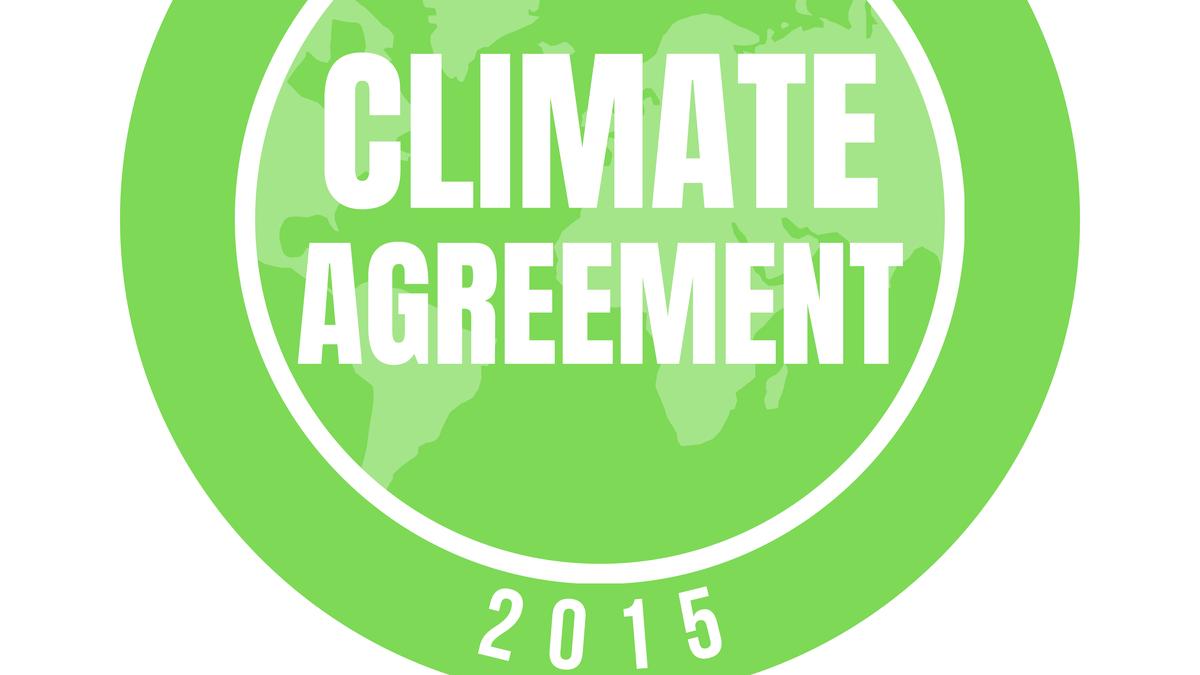Ten years after the adoption of the Paris Agreement at COP21, the planet faces unprecedented challenges. Despite a shared global pledge to limit global warming well below 2°C and keep the 1.5°C target within reach, emissions and temperatures continue to rise at alarming rates. The devastating consequences of climate change are already visible across the globe, including in India, as seen this year in Uttarakhand, Punjab and Jammu and Kashmir.
Yet, the Paris Agreement is delivering. Ten years ago, before the adoption of the Paris Agreement, the world was heading towards global warming of around 4°C-5°C by the end of the century. Through sustained commitment and concrete and collective action, this curve was altered to approximately 2°C-3°C. This remains far above what science deems sustainable, as underscored by the Intergovernmental Panel on Climate Change (IPCC). But it demonstrates that collective action can have an impact on our collective trajectories and that multilateralism can work.
The Paris Agreement delivers because it is fair, just and promotes international solidarity with the countries most affected by the adverse impacts of climate change. It respects national circumstances and provides for differentiated levels of commitment.
A turning point
Throughout the decade, the Paris Agreement has been a powerful instrument that engaged the world’s economy on the path to a low carbon transition. Ten years ago, the most competitive way to produce energy was fossil fuel use. It is no longer the case. Today, everywhere in the world, renewable energies such as wind, solar, hydroelectricity are driving growth and jobs. This marks tremendous progress for energy security and sovereignty.
Ten years ago, electric mobility seemed an elusive dream. Today, thanks to remarkable advances in battery technology and energy storage, electric vehicles represent nearly 20% of global new car sales, heralding the drastic reduction of fossil fuels in transport, bringing also multiple co-benefits such as clean air to our cities. The scale of this transformation is monumental.
The impressive example of the solar alliance
The International Solar Alliance (ISA) is a striking example of the commitment by India and France to strong international multilateralism for climate progress.
Conceived at COP21 in Paris and jointly launched by Prime Minister Narendra Modi and then French President François Hollande, the ISA stands as a compelling embodiment of India and France’s shared commitment to climate multilateralism. At the COP30 in Belém, France and India shared a joint vision: we needed this kind of alliance to transform the hope of the Paris Agreement into action.
Since its inception, the ISA has grown into a global coalition of more than 120 member and signatory countries, delivering concrete results through capacity building, training programmes and financial mechanisms supporting underfunded energy transitions. It was inspiring to witness first-hand the remarkable achievements of the ISA at its Eighth Assembly that this writer co-chaired on October 28, 2025, with India’s Minister of New and Renewable Energy, Pralhad Joshi. The ISA’s mission remains vital: to make solar energy accessible to all.
India has a strong commitment to renewable energies, more than half of which will come from solar. India aims to become the largest major economy to develop using a low-carbon pathway, fulfilling the vision of “Viksit Bharat” by 2047 and achieving net-zero carbon emission by 2070. This year, India has demonstrated leadership by achieving 50% of installed electricity capacity from non-fossil sources, five years ahead of the 2030 target.
These efforts must be sustained and expanded across all regions At COP30 in Belém, five priorities must guide the international community.
First, there must be agreement on a way to collectively raise global ambition to accelerate the reduction of carbon emissions. The world’s collective efforts are still not sufficient and there is a need to accelerate efforts, for the world’s people and its future.
Second, there must be a championing of a just and inclusive transition, placing vulnerable communities at its core. France devotes one-third of its climate finance to adaptation, contributing to the Green Climate Fund, the Loss and Damage Fund, and early warning systems such as CREWS. As co-chair of the Coalition for Disaster Resilient Infrastructure alongside India, France also advocates innovative, predictable climate finance such as global solidarity levies ahead of COP30.
Third, there must be a protection of natural carbon sinks — the world’s forests, mangroves and oceans. From the Amazon to the Sundarbans, these ecosystems are the world’s best allies in the fight against climate change.
Fourth, there must be an empowerment of non-state actors — local governments, businesses, scientists, philanthropies and citizens — to translate ambition into implementation. The broad engagement that defined COP21 must now deliver tangible results and have a real-world impact that benefits everyone.
Fifth, science must be defended by supporting the IPCC and fighting climate disinformation. Together with Brazil and other countries, France is working to ensure that facts and science, not fear, guide the global transition.
In perspective
The transformation initiated in Paris cannot be reversed. It may face obstacles, but it is unstoppable. Unstoppable because adaptation has become a necessity, not a choice. Unstoppable because industries are investing irreversibly. Unstoppable because local authorities are embedding sustainability into standards and investments. Unstoppable because multilateralism, despite challenges, will continue to deliver if the world continues to believe in it.
Benoît Faraco is France’s Special Envoy for Climate Negotiations and a former Senior Energy and Environment Adviser to the French President
Published – October 30, 2025 12:08 am IST
